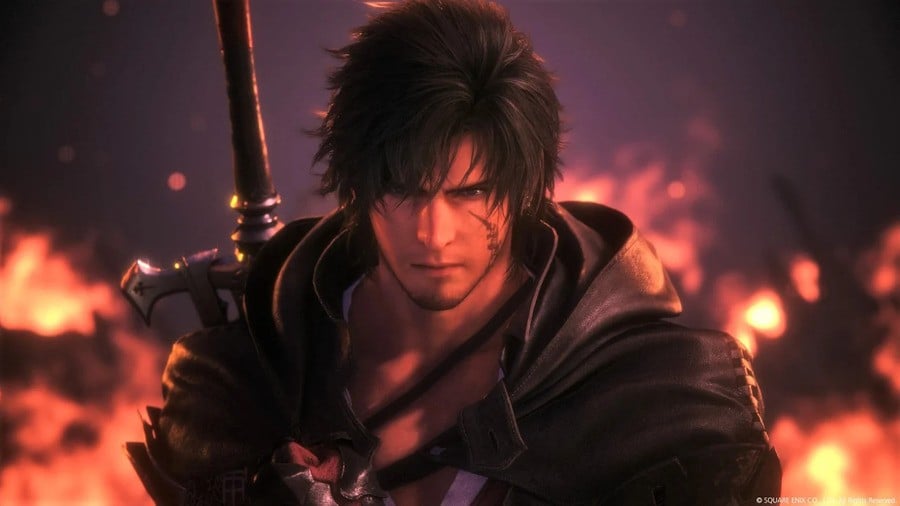
This industry really has changed, hasn't it? It's no secret that the big Japanese publishers — Capcom, SEGA, Square Enix, etc. — are largely looking to the West these days, as their home nation seems to distance itself more and more from traditional console gaming (well, outside of Nintendo, at least). Whether it's enforcing global release dates or going all-in on Western marketing, the change in approach has been dramatic over the last half a decade or so.
And it's Square Enix that paints a clear picture of this new direction. In the company's annual overview for 2022, president Yosuke Matsuda goes out of his way to stress the importance of appealing to a global market.
"Achieving major growth in the game industry is difficult now for companies that compete primarily in the Japanese market, given its graying demographics," he writes. "As such, it is critical for our business that we produce hit titles that speak to the global market, which offers greater scale in terms of both customers and sales volumes."
Matsuda goes on to state that a reliance on the Japanese market simply isn't feasible, given the size and scope of modern, big budget game development: "the Japanese market is no longer sufficient for achieving a level of earnings that enables us to recoup our development investment and generate a profit, and we therefore need to approach our development efforts based on the assumption that we have to succeed in the global market."
As alluded in our recent article on Persona series sales data, it's still strange to see Japanese publishers chasing Western markets after so many generations of prioritising their homeland. We grew up waiting weeks, months, sometimes even years for select Japanese games to make it overseas — but it would appear that we're well past that point now, especially when it comes to larger publishers.